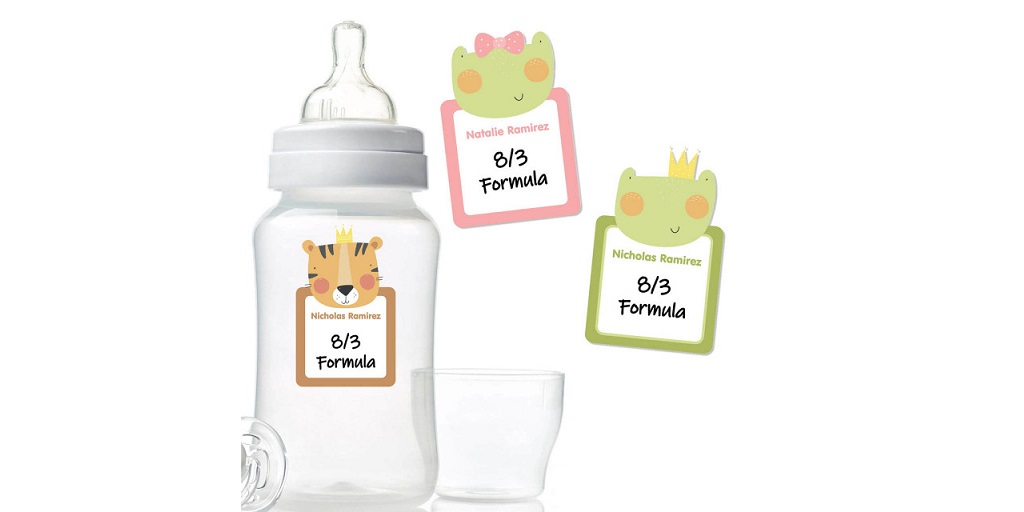When it comes to cleaning baby bottles, there are two main options: hand-washing and using a dishwasher. Both methods have their pros and cons, and ultimately, the decision comes down to personal preference and lifestyle. This blog post aims to take a closer look at the debate over hand-washing vs. dishwasher-safe baby bottles and help you decide which option is best for you and your little one.
Hand-Washing Baby Bottles
Hand-washing baby bottles has been the traditional method for cleaning them for many years. It is a more hands-on approach that requires a bit more time and effort, but it can be beneficial for several reasons.
First and foremost, hand-washing allows for a more thorough cleaning of the bottles. When cleaning by hand, you can physically inspect the inside and outside of each bottle for any leftover milk or formula, as well as any signs of wear and tear. Additionally, you can use a bottle brush to get into all the nooks and crannies that may not be reached by the dishwasher.
Another advantage of hand-washing is that it allows for more control over the cleaning process. You can choose which cleaning products to use, and you can control the temperature of the water. This can be especially beneficial if you have a baby with sensitive skin or allergies, as you can avoid using harsh chemicals or hot water that could cause irritation.
Finally, hand-washing can be a more cost-effective option as you don’t need a dishwasher, detergent and energy to run it.
Dishwasher-Safe Baby Bottles
On the other hand, using a dishwasher to clean baby bottles can be a more convenient option for busy parents. This method requires less time and effort, as you can simply load the bottles into the dishwasher along with your other dishes.
Another advantage of using a dishwasher is that it can reach higher temperatures than hand-washing, which can effectively kill bacteria and germs. Additionally, many dishwashers now have special sanitizing cycles that can reach even higher temperatures, which can be especially beneficial for sterilizing bottles.
In addition to this, dishwasher-safe bottles are often made of durable materials that can withstand the high temperatures and pressure of the dishwasher. This can prolong the life of the bottles and save you money in the long run.
Which Method is Best for You?
As you can see, both hand-washing and using a dishwasher have their own set of pros and cons. Ultimately, the decision comes down to personal preference and lifestyle. If you have the time and prefer a more hands-on approach, hand-washing may be the best option for you. However, if you’re short on time and prefer convenience, using a dishwasher may be a better choice.
In any case, it’s important to note that both methods should be followed by proper sterilization of the bottles to ensure that they are completely clean and safe for your baby to use.
Consider Also Waterproof Baby Bottle Labels
Another thing parents have to consider when it comes to choosing washing methods is the baby bottle labels that they’re sticking onto their baby bottles. Waterproof Baby Bottle Labels are an essential item for any parent or caregiver. These labels are designed to withstand the rigors of daily use, including exposure to water and other liquids.
These labels are particularly useful in daycare centers, schools, and other settings where multiple children may be using the same type of bottle. With waterproof baby bottle labels, you can easily identify your child’s bottle and ensure that they are getting the right one.
Additionally, these labels are also great for keeping track of which bottles are clean and which need to be washed, which can help reduce the spread of germs and bacteria. If you’re not sure where to look for waterproof baby bottle labels, then you can easily check out Sticky Monkey Labels online and place an order that includes designs that your kid will love.
It seems there are a few key things to consider when deciding whether to hand-wash or use a dishwasher to clean your baby bottles. Hopefully this guide provided some insight that will help you! Both methods have their pros and cons, and ultimately, the decision comes down to your personal preference and lifestyle.



